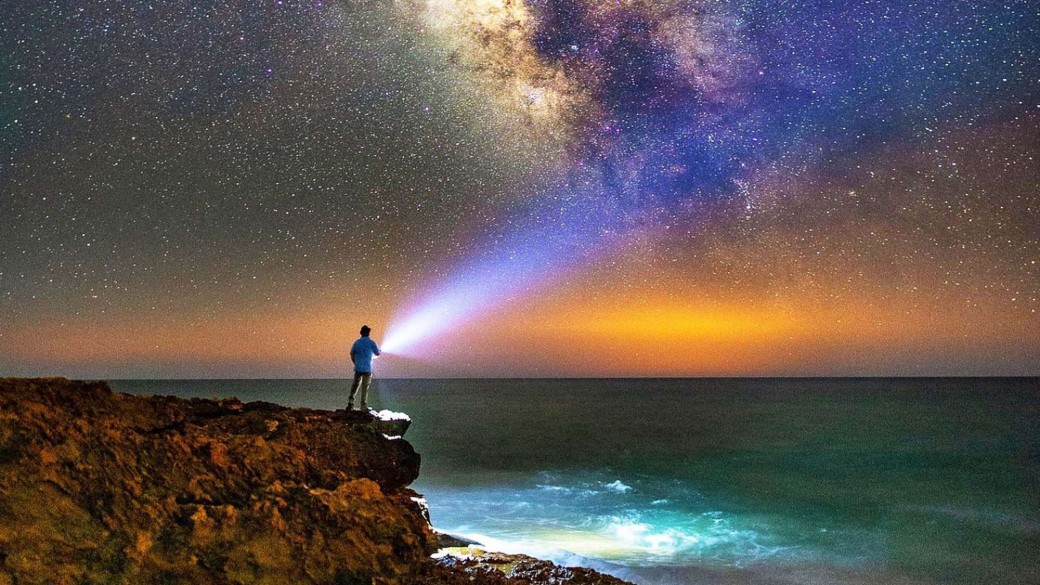“I have loved you with an everlasting love …”
― Jeremiah 31:3 ―
Everlasting love ... that sounds pretty unbreakable to me. And the word everlasting goes both ways, into the past and the future. Look at God’s provision of a perfect home for Adam and Eve. He provided for all their needs, including companionship of both the mortal and divine. He also provided them with responsibility and a purpose, that of caring for his creation, including the naming of the animals.
An even stronger example is Abraham and Isaac. It’s in Genesis 22:1 where the word love first appears in the holy text.
“Take your son, your only son Isaac, whom you love …”
Then God makes Abraham choose between God and Isaac. The depth of God’s love for Abraham is revealed when the angel stays Abraham’s hand at the moment of his sacrifice and reveals the ram caught in the bushes.
God has provided the sacrifice he requires. All he required was that Abraham place his trust fully in the Lord so that God could step in and bring Abraham’s faith into full and tangible reality. Abraham believed that God could—and would—provide, whatever the form and process that provision might entail.
The first epistle of John sums up the love of God in three words: “God is love …” (1 Jn 4:16). There is nothing God can do that falls outside of his love. It is in his nature, in the very concept of who he is, how he operates, and how he interacts with his creation. And that means with us, his children.
The eternal nature of God’s love is revealed in John 17:24:
“You loved me before the creation of the world.”
This is Jesus speaking, but the intensity of the relationship between the Father and his Son is unmistakable. There is a bond of trust revealed in Jesus’ prayer, one that can only come through a level of love that is eternal and unbreakable.
There are more examples of God’s love permeating the Bible. We’ve read the story of Caleb and Joshua, whom God honors because they place their trust in him. Job … what a love we see in the story of Job when God says to the devil, “His life you may not take.” There’s David who reveals the love of God through his collection of psalms.
And we can’t forget Mary, the virgin that Joseph thought to put aside. God stepped in and made her the honored one who would forever be seen as the mother of the Christ.
Finally, though, let’s look at the supreme example of God’s eternal and unbreakable love. You’ve already seen it in Mary’s story and in the archetype of the sacrificial lamb as revealed through the story of Isaac. God loves his creation so much that when his plan for his chosen people stumbled, he pulled out a backup plan from off the shelf, one he hoped wouldn’t be necessary, but one he accepted as vital to redeem those who could not redeem themselves.
He sent his Son to live among his creation, to learn to be human, to experience the highs and lows of living with his feet on the ground amid the bickering and often cruel people who claimed to worship God and yet quarreled about the reality of God’s existence. God sent his Son to suffer the worst fate the Roman world could offer, a slow and agonizing death of suffocation while in the most extreme pain possible.
Could you do the same? This was a father who had loved his son (in Jesus’ words) “before the creation of the world.” This was a relationship so concrete, so stainless steel, so laminated glass that it was unbreakable … a bond of love stronger than super glue and more indestructible than stone.
God released Jesus to be born as a baby in a world gone mad … and Jesus agreed to take on the challenge. That’s love, one that began even before the clocks of time existed.
Copyright © 2025 MyChurchNotes.net


